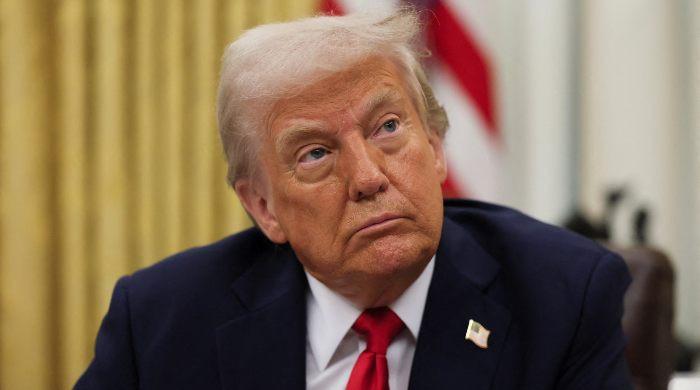Washington: President Donald Trump’s administration said on Friday that the United States rejected the agreed changes last year for the World Health Organization on its pandemic response, claiming to have violated the country’s sovereignty.
Trump on his return to the post on January 20 immediately started withdrawn from his country from the United Nations, but the State Department said that the language of last year has always linked the United States.
Secretary of State Marco Rubio and the Secretary of Health and Social Services, Robert F Kennedy Jr, who is a long -standing critic of vaccines, said that changes “risked unjustified interference in our national sovereign right to do health policy”.
“We are going to put the Americans first in all our actions and we will not tolerate international policies that affect speech, privacy or personal freedoms of the Americans,” they said in a joint statement.
Rubio and Kennedy have dissociated the United States from a series of amendments to international health regulations, which provide a legal framework to combat diseases, agreed last year to the World Health Assembly in Geneva.
“We regret the American decision to reject the changes,” said chief Tedros Adhanom Ghebreyesus in a statement published on X.
He pointed out that the changes “are clear on the sovereignty of the Member States”, adding that the WHO cannot oblige locking or similar measures.
Changes included a “declared commitment in matters of solidarity and equity” in which a new group would study the needs of developing countries in future emergencies.
Countries have until Saturday to make reservations on changes. Conservative activists and skeptics of vaccines in Great Britain and Australia, who both have left governments, have led public campaigns against changes.
The changes occurred when the Assembly failed with a more ambitious objective of sealing a new global agreement on pandemics.
Most of the world finally obtained a treaty in May, but the United States did not participate because it was withdrawing from WHO.
The United States, then under President Joe Biden, participated in May-June negotiations 2024, but said that he could not support consensus because it required protections for American intellectual rights on the development of vaccines.
The predecessor of Rubio, Antony Blinken, had welcomed the amendments as progress.
In their rejection of amendments, Rubio and Kennedy said that changes “fail to adequately approach the SMO sensitivity to political influence and censorship – in particular China – during epidemics”.
Who is Ghebreyesus said that the body was “impartial and works with all countries to improve people’s health”.




